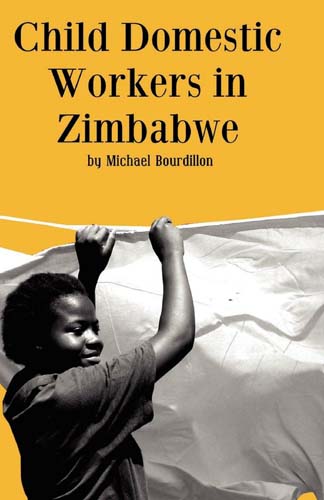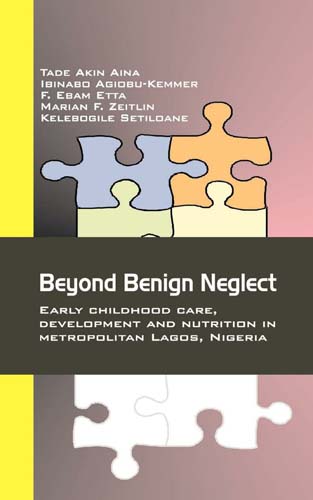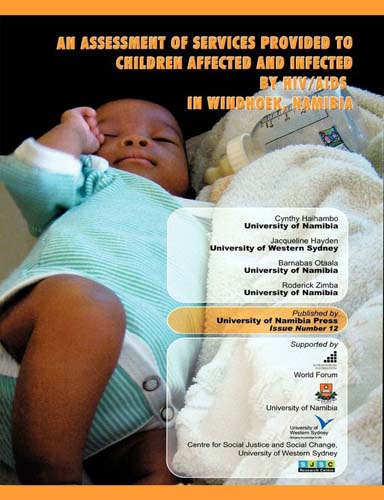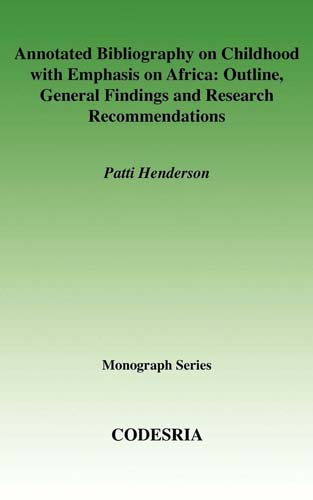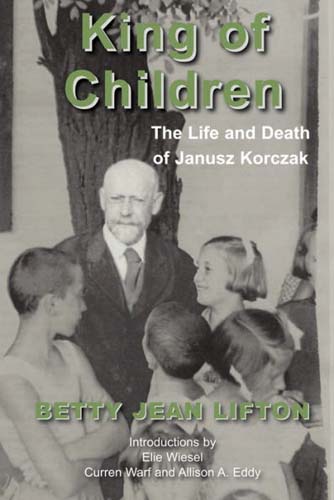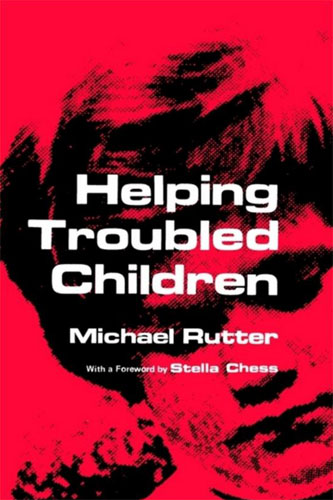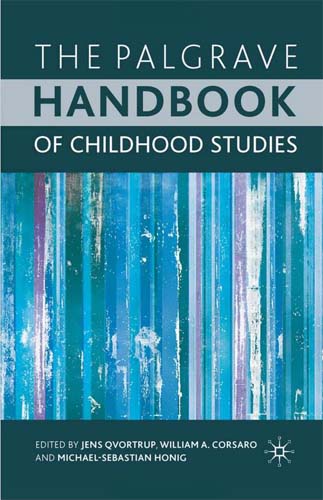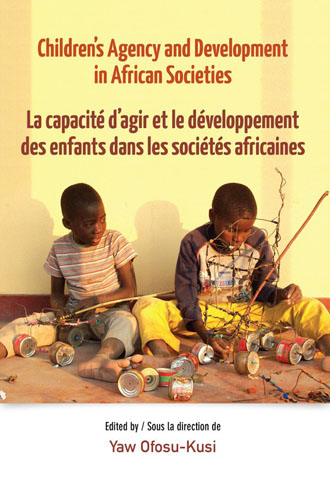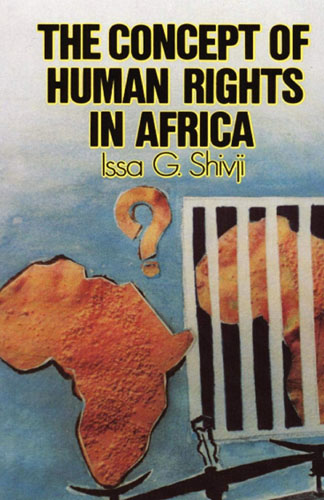Beyond Benign Neglect
Early Childhood Care, Development and Nutrition in Metropolitan Lagos, Nigeria
The research and action programme titled Positive Deviance in Nutrition and Child Development has been sponsored through the Tufts University School of Nutrition by UNICEF New York and the Joint Nutrition Support Programme of the Italian Government and was carried out in three countries – Nicaragua, Indonesia, and Nigeria – over a period of four years. In each country, the project had three phases. Phase I was made up of field research. Phase II involved design of action programmes and materials based on the results of Phase I, while Phase III implemented the programmes designed by Phase II. The Nigerian collaborative project, entitled Child Development for the Computer Age, focusing on preschool children, was conducted in Lagos and Ogun States by the Faculty of Social Sciences, University of Lagos in conjunction with Tufts and as part of UNICEF’s Child Development Project in Nigeria.
This text presents results of the cross-sectional survey, ethnographic study and psychological testing conducted during Phase I of the Nigerian project. Concerned with the general theme of positive deviance in child development, it focused on early childhood education and development, nutritional practices and values, child-rearing values and practices and the role and place of the social and cultural context in determining outcomes related to these variables. The study’s engagement with the problem and process of transition (in the case of Nigeria, often partial or/and blocked transition) in social values, norms, institutions and practices around child development, early childhood education, nutrition and family relations have implications for work in gender relations, family, citizenship, HIV/AIDS, food security and adoption of, and adaptation to, new technologies and knowledge systems. The recognition of the relevance and currency of these issues informed this publication.
© Malthouse Press, Nigeria
